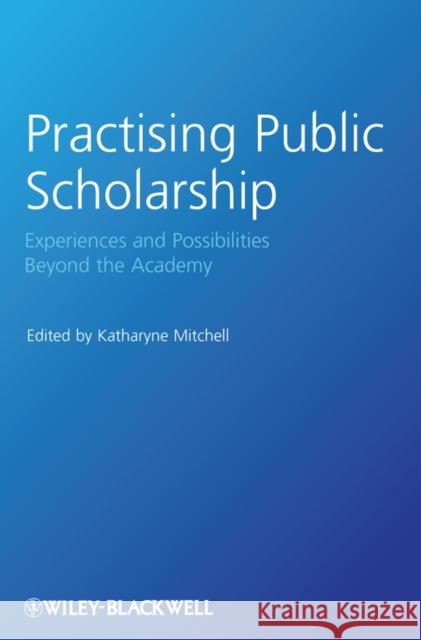Practising Public Scholarship: Experiences and Possibilities Beyond the Academy » książka
topmenu
Practising Public Scholarship: Experiences and Possibilities Beyond the Academy
ISBN-13: 9781405189125 / Angielski / Miękka / 2008 / 160 str.
A cross-disciplinary collection of 20 essays describing the journey to public scholarship, exploring the pleasures and perils associated with breaching the town-gown divide.
- Includes contributions from departments of geography, comparative literature, sociology, communications, history, English, public health, and biology
- Discusses their efforts to reach beyond the academy and to make their ideas and research broadly accessible to a wider audience
- Opens the way for a new kind of democratic politics--one based on grounded concepts and meaningful social participation
- Includes deeply personal accounts about the journey to becoming a public scholar and to intervening politically in the world, while remaining within a university system
- Provides a broad prescription for social change, both within and outside the university











